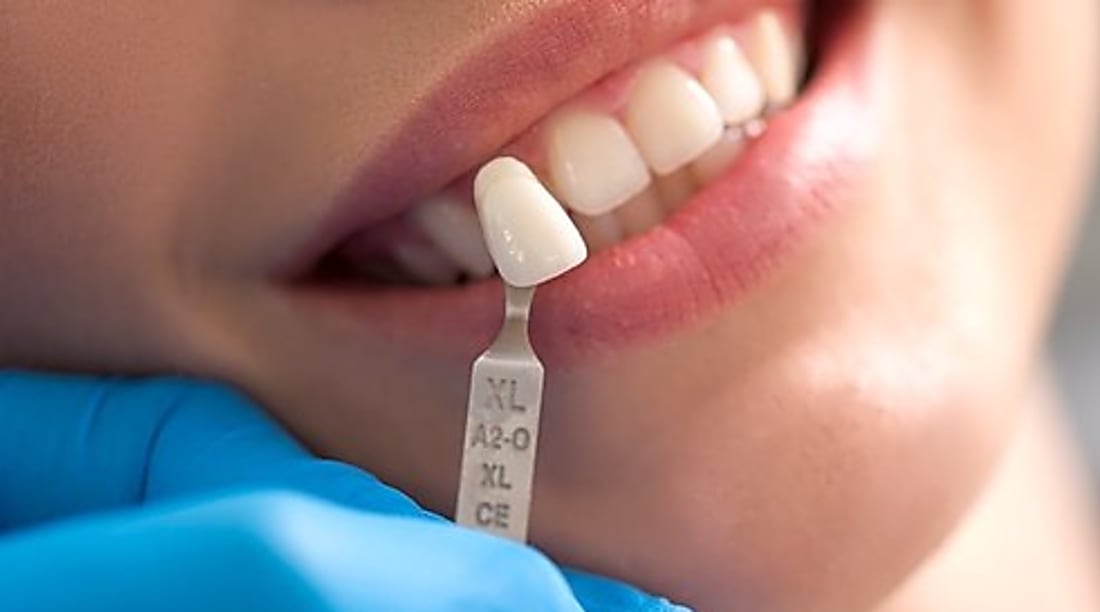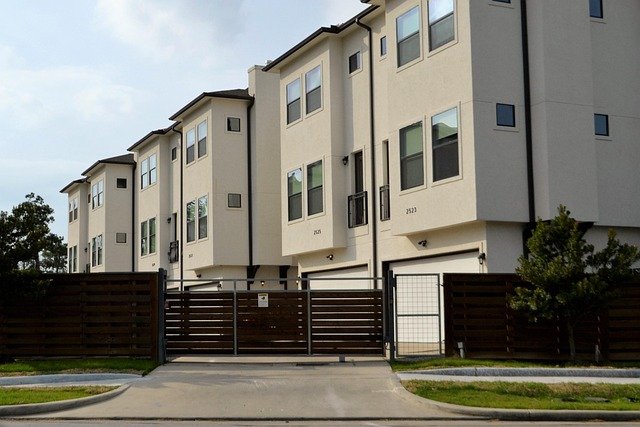Understanding Full Mouth Dental Implant Costs
Full mouth dental implants represent a significant investment in oral health, offering a permanent solution for those with multiple missing teeth. While the upfront costs may seem substantial, understanding the factors that influence pricing, available options, and long-term benefits can help patients make informed decisions about this life-changing dental restoration procedure.

Dental implants have revolutionized tooth replacement, offering a permanent solution that looks, feels, and functions like natural teeth. For those considering full mouth restoration, understanding the associated costs is crucial for proper financial planning. This comprehensive guide explores the various factors that influence full mouth dental implant costs and provides insights to help you navigate this significant investment in your oral health.
Introduction to Dental Implants
Dental implants are titanium posts surgically placed into the jawbone to serve as artificial tooth roots. They provide a strong foundation for fixed or removable replacement teeth designed to match your natural teeth. Unlike dentures or bridges, implants fuse with your jawbone, offering stability without affecting adjacent healthy teeth. The implant process typically involves several stages: initial consultation and planning, implant placement surgery, a healing period called osseointegration, and finally, the attachment of the prosthetic teeth.
The technology behind dental implants has advanced significantly over the decades, with success rates now exceeding 95% in properly selected cases. Modern implants use biocompatible materials and precise surgical techniques to ensure optimal integration with the body’s natural tissues, making them the gold standard for tooth replacement.
Full Mouth Dental Implant Costs Breakdown
Full mouth dental implant costs typically range from $20,000 to $50,000 per arch in Canada, with complete mouth restoration potentially reaching $40,000 to $90,000. This significant variation stems from several key factors. The number of implants needed—typically 4-8 per arch—directly impacts the total cost, with each individual implant ranging from $1,500 to $3,000.
The type of prosthesis selected also substantially influences pricing. Options include implant-supported dentures (most affordable), fixed bridges (mid-range), and individual crown restorations (premium option). Additional procedures such as bone grafting, sinus lifts, or tooth extractions, which may be necessary depending on your oral health condition, can add $1,000 to $3,500 per procedure to the total cost.
Geographic location plays a significant role as well, with urban centers generally commanding higher prices than rural areas due to overhead costs and market competition. The dentist’s expertise and specialization level also contribute to price variations, with specialists typically charging more than general practitioners.
Finding the Top Dental Clinic for Implants
Selecting the right dental clinic for implant procedures requires careful consideration of several factors. First, verify the dentist’s credentials, including their education, specialized training in implantology, and professional affiliations with organizations like the American Academy of Implant Dentistry or the International Congress of Oral Implantologists.
Experience is paramount—inquire about the number of implant procedures the dentist has performed and their success rates. Request to see before-and-after photos of previous patients with similar dental situations. Modern implant dentistry relies heavily on advanced technology, so ensure the clinic utilizes 3D imaging (CBCT scans), computer-guided implant placement, and digital workflow for precision results.
Patient reviews and testimonials provide valuable insights into others’ experiences. Look for patterns in feedback regarding pain management, communication, results, and overall satisfaction. During consultation, assess how thoroughly the dentist evaluates your case, explains treatment options, and addresses your concerns. A comprehensive treatment plan should include a detailed timeline, explanation of all procedures, and transparent cost breakdown.
Clinical Trials and Innovative Solutions
The field of dental implantology continues to evolve through ongoing clinical research and technological innovations. Recent advancements include the development of ceramic zirconia implants as alternatives to traditional titanium, offering aesthetic benefits for patients with thin gum tissues or metal allergies. Computer-guided surgery has dramatically improved precision in implant placement, reducing recovery time and improving outcomes.
Stem cell research shows promising potential for enhancing bone regeneration around implants, potentially eliminating the need for bone grafting in some cases. Surface technology improvements, including nanotextured implant surfaces, promote faster osseointegration and stronger bone-to-implant connections.
Patients interested in cutting-edge treatments may consider participating in dental implant clinical trials, which can sometimes offer reduced costs while contributing to scientific advancement. However, these options should be approached with careful consideration of the experimental nature of such treatments.
Comparing Full Mouth Dental Implant Options
| Treatment Option | Number of Implants | Prosthesis Type | Average Cost Range (CAD) | Key Benefits |
|---|---|---|---|---|
| All-on-4® | 4 per arch | Fixed hybrid prosthesis | $20,000-$30,000 per arch | Same-day teeth, fewer implants needed |
| All-on-6 | 6 per arch | Fixed hybrid prosthesis | $25,000-$35,000 per arch | Greater stability, better load distribution |
| Implant-Supported Dentures | 2-6 per arch | Removable overdenture | $15,000-$25,000 per arch | Lower cost, easier cleaning |
| Full Mouth Individual Implants | 8-14 per arch | Individual crowns | $35,000-$60,000 per arch | Most natural look and function |
| 3D-Printed Guided Solutions | 4-8 per arch | Various options | $22,000-$40,000 per arch | Precision placement, potentially faster healing |
Prices, rates, or cost estimates mentioned in this article are based on the latest available information but may change over time. Independent research is advised before making financial decisions.
Long-Term Value and Financing Options
While the initial investment for full mouth dental implants is substantial, considering their longevity provides perspective on their value. Unlike traditional dentures that typically need replacement every 5-7 years, dental implants can last 25 years to a lifetime with proper care, potentially making them more cost-effective over time.
Most dental practices offer financing options to make implant treatment more accessible. These include in-house payment plans allowing costs to be spread over 12-24 months, third-party financing through companies specializing in healthcare credit (like CareCredit), and dental discount plans that may provide reduced rates on implant procedures.
Some dental insurance plans now provide partial coverage for implants, typically covering 50% up to annual maximums. Health Savings Accounts (HSAs) and Flexible Spending Accounts (FSAs) can also be used for qualified dental expenses, providing tax advantages. For eligible patients, medical insurance might cover implants in cases where tooth loss resulted from accidents or certain medical conditions.
This article is for informational purposes only and should not be considered medical advice. Please consult a qualified healthcare professional for personalized guidance and treatment.




